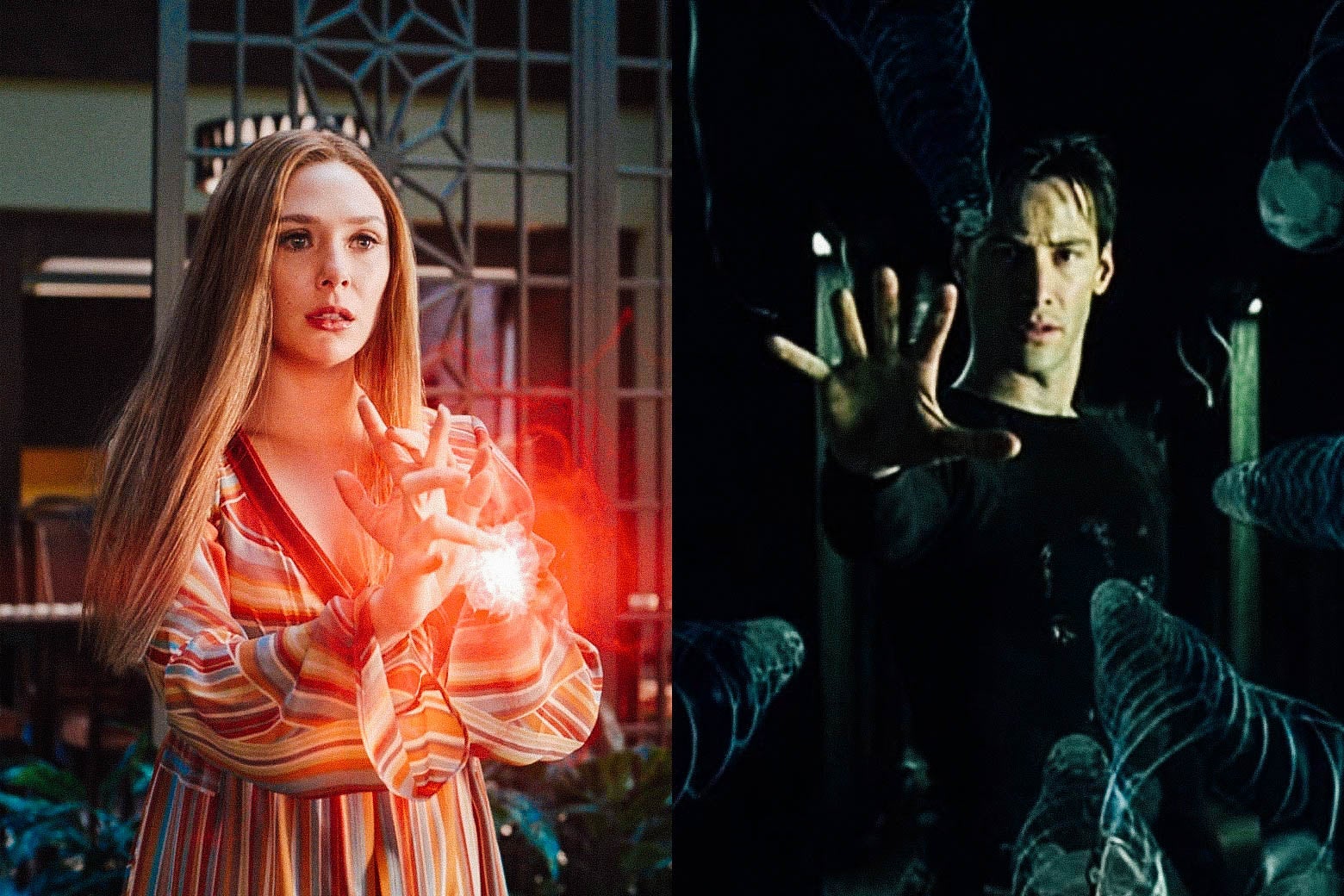

If all of this worked, the universe as we know it might crash, revealing itself as a mirage just as we winked out of existence. And the way to do that would be to build our own simulated realities, designed so that within those virtual worlds are entities creating their version of a simulated reality, which is in turn doing the same, and so on all the way down the rabbit hole. The most obvious strategy would be to try to cause the equivalent of a stack overflow-asking for more space in the active memory of a program than is available-by creating an infinitely, or at least excessively, recursive process. Over at Scientific American they argue that we can overload the system by creating our own simulations: Posted in Feeback Crash the SimulationĬomputer programs can crash, and we might be inside a computer program. This first mover advantage x feedback effect could explain curiosities like the oldest Egyptian pyramids being the best ones.

In Run One Hundred and Nine, Shakespeare could be a religion… Consequently, his feedback effect is from many more years than subsequent artists can have, because they came later. Shakespeare had an advantage – he was there right at the beginning of his type of art – when it first became available to all. How could Shakespeare write such amazing plays that nobody has come close to matching since? We might be in Run Seventy Four, and we are baffled. Some artists feel the future so well, and are so good at their art, that every Run causes that art to get better again. No matter how it manifests itself, the future feedback changes the play, somehow. Run Four, and Shakespeare only feels the future from Run Three. The play is still a hit, but not as much as Run Two. It emboldens him to make the play more x. All Shakespeare gets is an inkling of its potential, a spark felt from the future. In Run Three, the feedback effect continues. It becomes even more successful in Run Two. That emboldens him to make it more of what it would be otherwise. In Run Two, Shakespeare, with the gift of prescience, gets the notion that he is writing a great play. It is well received, so well received that all of England knows his name. If we live in a simulation that is a rerun but allows some people to tap into what it important from the future (coming from the last time the same simulation was run) – then we can get a feedback effect. My best ideas are never laboured – they just pour out of me without thought – as if I am copying them from elsewhere. Many artists, especially songwriters, have said that it just came to them, fully formed, all at once. Posted in Proving It The Matrix: A Reason for Our Simulation? So, I consider this to be a strong indicator of us in a simulation, unless some scientists can explain it. System with a second superconducting qubit. They then entangled this joint qubit-tardigrade In the experiment, researchers placed a tardigrade tun on a superconducting qubit and observed coupling between the qubit and the tardigrade tun via a shift in the resonance frequency of the new qubit-tardigrade system. Turns out a creature can be observed in a quantum entangled state: Non-simulation: I always though it was a factor of size and being an object made from a single element. Just like how a video game doesn’t render anything off-screen, because there is no point and it wastes processing power. Simulation: An algorithm decides how small something should be to show it, depending on whether someone is watching or not. I’ve had two opinions around quantum entanglement:


 0 kommentar(er)
0 kommentar(er)
